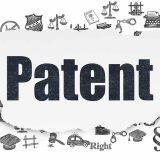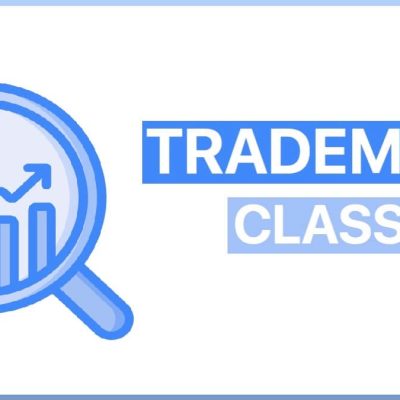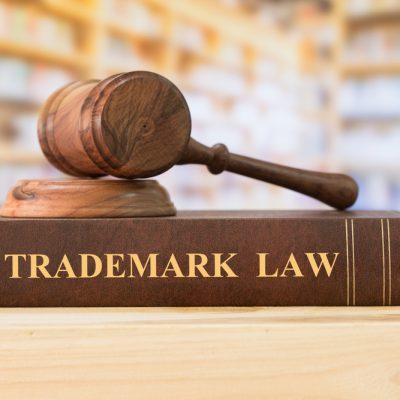Cadila Healthcare Ltd. v. Cadila Pharmaceuticals Ltd. (2001)
Issue: Likelihood of confusion between similar trademarks, especially in pharmaceuticals.
Ruling: The Supreme Court established the “test of confusion”, particularly in the pharmaceutical sector. The judgment emphasized that even minor similarities in medicinal trademarks could cause serious harm. Courts must consider:
- Nature of the goods
- Likelihood of consumer confusion
- Phonetic, visual, and structural similarity.
Daimler Benz v. Hybo Hindustan (1994)
Issue: Protection of well-known trademarks.
Ruling: The Delhi High Court ruled that well-known trademarks (e.g., “Benz”) deserve heightened protection, even if the trademark is used for unrelated goods. Use of “Benz” for undergarments was considered a dilution of the brand’s reputation.
ITC Limited v. Nestle India Ltd. (2015)
Issue: Comparative advertising and trademark infringement.
Ruling: ITC alleged that Nestlé’s “Maggi” advertisements disparaged its “Sunfeast Yippee” noodles. The court held that comparative advertising is permitted but must not denigrate competitors’ goods unfairly.
Amritdhara Pharmacy v. Satya Deo Gupta (1963)
Issue: Phonetic similarity of trademarks.
Ruling: The Supreme Court held that “Amritdhara” and “Lakshmandhara” were phonetically similar, likely causing confusion among consumers. A holistic view must be taken, including pronunciation and appearance.
T.V. Venugopal v. Ushodaya Enterprises Ltd. (2011)
Issue: Protection of descriptive trademarks.
Ruling: The Supreme Court ruled that even a descriptive term (like “Eenadu,” meaning “today” in Telugu) could acquire distinctiveness through long and extensive use, qualifying for trademark protection.
Yahoo! Inc. v. Akash Arora & Anr. (1999)
Issue: Cyber-squatting and domain names.
Ruling: The Delhi High Court ruled in favor of Yahoo!, holding that the use of “Yahoo India” by the defendant could cause confusion and amounted to trademark infringement. The court recognized domain names as trademarks.
Satyam Infoway Ltd. v. Sifynet Solutions (2004)
Issue: Domain names as intellectual property.
Ruling: The Supreme Court held that domain names are a form of trademark and are entitled to protection under the law, even if unrelated to traditional goods or services.
Kirloskar Diesel Recon Pvt. Ltd. v. Kirloskar Proprietary Ltd. (1996)
Issue: Family name as a trademark.
Ruling: The Bombay High Court upheld the “Kirloskar” family name as a valid trademark due to its long use and established goodwill, even for unrelated businesses.
Bayer Corporation v. Union of India (2014)
Issue: Parallel imports and trademark infringement.
Ruling: The Delhi High Court ruled that parallel imports are permissible under Indian law unless specific contractual restrictions are established.
Hamdard National Foundation v. Abdul Jalil (2019)
Issue: Comparative marks for similar products.
Ruling: The Delhi High Court held that “Sharbat Dil Afza” was deceptively similar to “Rooh Afza”. The court ruled in favor of Hamdard, citing long-standing goodwill and public association of the mark.
K.S. Radhakrishnan v. J.P. Chawla (2002)
Issue: Passing off and deceptive similarity.
Ruling: The Delhi High Court held that the use of a deceptively similar mark amounts to passing off, even if the defendant’s mark had minor differences.
Toyota Jidosha Kabushiki Kaisha v. Prius Auto Industries (2018)
Issue: Trans-border reputation.
Ruling: The Supreme Court clarified that foreign brands must establish a reputation in India to claim trademark protection. Toyota failed to prove sufficient reputation for “Prius” in India before the defendant’s use.
Parakh Vanijya Pvt. Ltd. v. Baroma Agro Products (2022)
Issue: Generic terms as trademarks.
Ruling: The Calcutta High Court held that generic words like “Dhaan” (rice) cannot be monopolized unless significant distinctiveness or secondary meaning is established.
Christian Louboutin SAS v. Abubaker (2018)
Issue: Protection of shape and trade dress.
Ruling: The Delhi High Court recognized Christian Louboutin’s red soles as a trademark under trade dress protection.
Kapil Wadhwa v. Samsung Electronics (2012)
Issue: Exhaustion of trademark rights.
Ruling: The Delhi High Court upheld the principle of international exhaustion, stating that trademark rights are exhausted once goods are sold abroad by the trademark owner or its licensee.
These judgments underline key principles, including trans-border reputation, dilution of marks, domain name protection, and the scope of comparative advertising under Indian trademark law.







